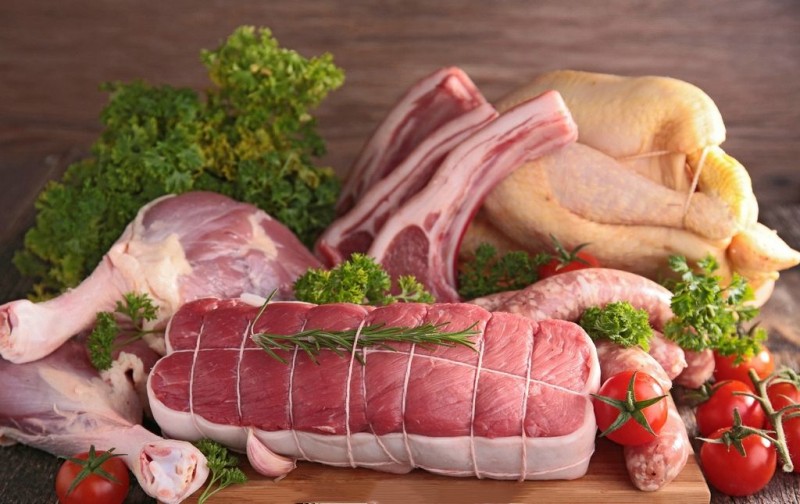Brazilian poultry exports totaled 429,600 tons in May 2022, according to Brazilian animal protein association ABPA. That was 3.7% up year on year. Export amount rose 37.8 %. Total exports for January-May 2022 totaled 1.99 million tons, 7.8% up year on year. Meanwhile, export amont in January-May grew 33.6 % compared to 2021.
International inflation combined with high production costs, as well as increased demand for poultry meat in the international market pushed the poultry price to more than $2,000 per ton. In May, Brazilian poultry exports to Chinese market reached 50,200 tons, 8.8% down year on year; 44,800 tons of exports to the UAE, 73.2% up year on year; 33,100 tons of export to Japan, 3.2% up year on year; 263,00 tons export to the EU, 80.7% up year on year.
"On one hand, Brazilian poultry production is sustainable and stable. Production in 2022 will be 2.4 % higher than in 2021; On the other hand, we see steady demand growth in Arabic countries; At the same time, Asia-Pacific countries such as the Philippines, South Korea and other countries showed growing demand; We are also expecting significant growth in the Mexican market to follow. "Commented Luis, marketing director of ABP, the Brazilian animal protein association.
In addition, Brazil exported 89,300 tons of pork in May, according to ABPA., decreased 12.4% year on year; export amount decreased 19.% percent year on year. Exports from January to May totaled 416,600 tons, 8.2% down year on year. Export amount fell by 17%.
Brazil's pork exports to China fell 49.6% in May year on year, totaling 27,300 tons. Brazil exported 9,000 tons to the Philippines, up 334%; Singapore 7,300 tons, up 122.1%; Argentina 3,900 tons, up 63.3%; Angola 3,600 tons, up 40.8%.
"The export quantity and amount in May are both lower than that in 2021. But we also saw demand trends in international markets in the second half of the year: rapid growth in demand for Brazilian pork in markets such as the Philippines, Japan and Singapore; For the EU and Canada, the successful registration of new Brazilian factories will boost exports. Africa and Latin America demands are also growing; All this will boost exports in the second half. China remains our most important market and we are seeing steady increases in hog prices on one hand and recovering consumption on the other. "Ricardo, president of the Brazilian Animal Protein Association, said with confidence.


